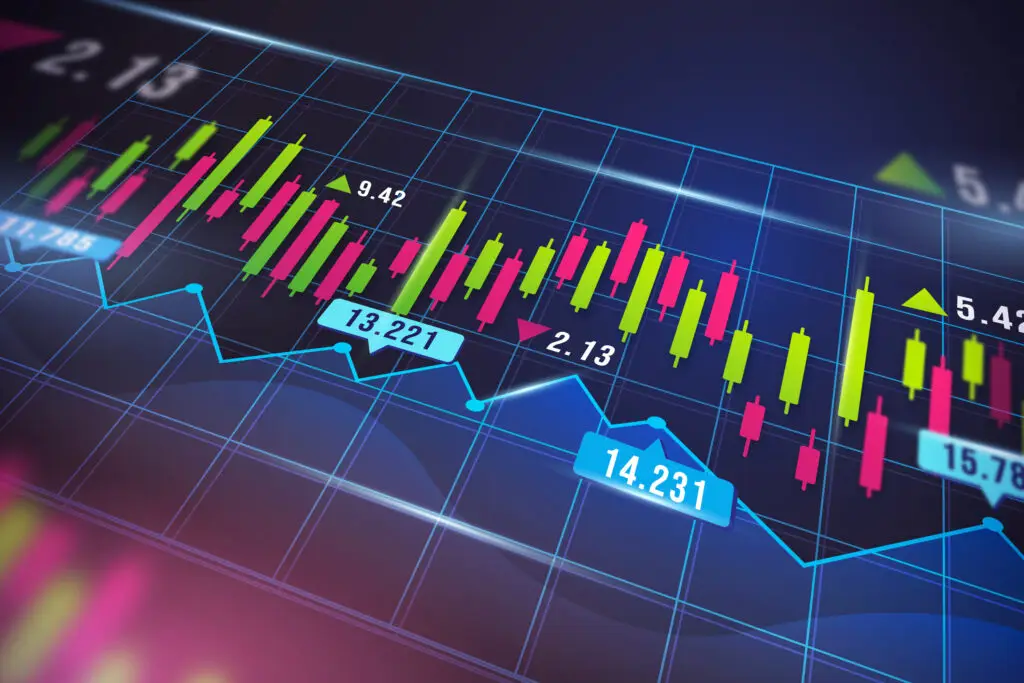Table of Contents
What Is a Margin Account?
A margin account is a type of brokerage account that lets you borrow money from your broker to buy more securities than you could with just your own cash. Think of it like getting a loan to invest — the broker lends you part of the money needed to make a trade, and you pay them back later, usually with interest.
It’s different from a regular (or cash) account, where you can only trade using the money you’ve already deposited. With a margin account, you’re basically leveraging your buying power — which means bigger gains if things go well, but also bigger risks if they don’t.
Key Points
A margin account allows you to borrow money from your broker to invest.
You can leverage your investments — increasing both potential gains and losses.
You must maintain a certain level of equity, or you’ll face a margin call.
The broker can sell your assets without notice if the account falls below required limits.
Margin trading is best for experienced, active investors, not beginners.
Interest is charged on borrowed amounts, reducing net gains if not managed wisely.
How Does a Margin Account Work?
Here’s how it works in practice:
You open a margin account with your brokerage and get approved to borrow funds.
You deposit some money or securities as collateral — this is called the initial margin.
Once approved, you can borrow up to a certain percentage of the purchase price of a security. In most cases, it’s up to 50%.
The securities you buy also act as collateral for the loan.
Let’s say you have $5,000 in your account and you want to buy $10,000 worth of stock. With a margin account, you can borrow the extra $5,000 from your broker. If the stock goes up, great — you make a profit on a larger investment than you could’ve made with just your own money. But if the stock goes down, you still owe the borrowed amount (plus interest), even if your investment loses value.
Margin Calls and Maintenance
One important thing to understand is the concept of a margin call. Your broker requires you to maintain a certain level of equity in your margin account, called the maintenance margin. If the value of your investment falls below this level, your broker may issue a margin call — essentially asking you to deposit more money or sell some of your holdings to bring your account back up to the required balance.
If you don’t respond in time, your broker has the right to sell your securities automatically — without your permission — to protect their loan.
Example of a Margin Account in Action
Let’s say Emma opens a margin account and deposits $10,000. She wants to buy $20,000 worth of shares in a tech company. Her broker allows her to borrow the remaining $10,000.
If the stock rises by 10%, the value of her investment goes up to $22,000.
She made $2,000 on her original $10,000 investment — that’s a 20% gain instead of 10%, thanks to leverage.
But if the stock drops by 10%, her investment value falls to $18,000. Now she has just $8,000 in equity, since she still owes the $10,000 loan. That’s a 20% loss — double the amount of the actual drop.
This is why margin trading can be powerful but also risky.
Pros and Cons of Using a Margin Account
Pros:
-
Increases your buying power
-
Potential for higher returns
-
Useful for short-term strategies and experienced traders
Cons:
-
Increases your losses too
-
Interest on the borrowed funds
-
Margin calls can cause unexpected losses
-
Not ideal for long-term, conservative investors
Should You Use a Margin Account?
Margin accounts open the door to more aggressive investment strategies, but they come with responsibilities. Know your goals, understand the risks, and never invest money you can’t afford to lose. Whether you’re trading stocks or diving deeper into the markets, always treat margin like a tool — not a shortcut.














